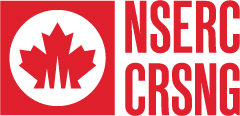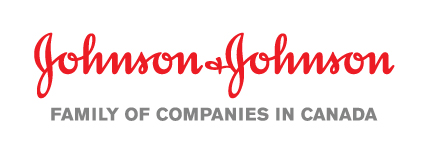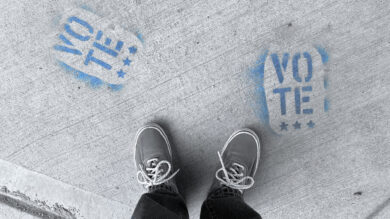
Science Disinformation in a Time of Pandemic
About the Project: The Public Policy Forum is producing a discussion paper on disinformation in science and medicine in the context of COVID-19. The aim is to map the disinformation terrain and document efforts to mitigate its effects, so as to inform a discussion about how authorities and media companies – both social media and the legacy news media – might best address the phenomenon. The report will be followed by an expert (virtual) roundtable as a forum to further discuss and evaluate the outcomes of the report itself.
Disinformation creates a race to the bottom. It undercuts knowledge and understanding, sowing confusion and promoting the pursuit of poor choices. The distortion of science and health information threatens public health and good governance. Its aim is to substitute fiction for fact and convert public confidence into fear. Ultimately, it represents an attack on truth, trust and good societal outcomes.
COVID-19 provides a unique albeit troublesome opportunity to further investigate the spread of science disinformation. The spread of disinformation and misinformation (the former purposeful, the latter flowing from ignorance) related to health and science is a serious manifestation of a wider problem. This project is a continuation of PPF’s Digital Democracy platform and builds on previous work on media, democracy and governance. Through this project PPF is working with partners and its members to understand the nature of the problem of science and health mis- and disinformation in Canada, map the range of current proposed solutions, and build the conceptual framework for new policy pathways to address the issues.
The paper is being written by Christopher Dornan, a professor in the School of Journalism and Communication at Carleton University who holds a degree in the History and Philosophy of Science from the University of Cambridge and a doctorate in science communication from McGill University. Most recently, he is the author of “Dezinformatsiya: the past, present and future ‘fake news’,” a 2017 reflection paper for the Canadian Commission for UNESCO, and “How to Navigate a Media Environment Awash in Manipulation, Falsehood, Hysteria, Vitriol, Hyper-Partisan Deceit and Pernicious Algorithms: A Guide for the Conscientious Citizen,” a 2019 study for the Canadian Committee for World Press Freedom and the Canadian Commission for UNESCO.











